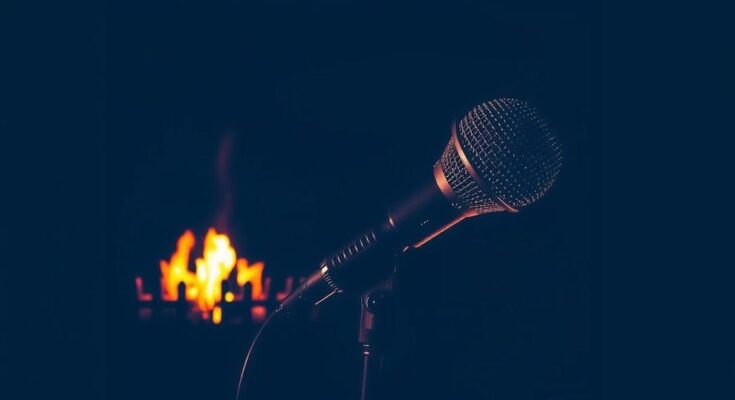UN expert Irene Khan has accused Israel and Western countries of severely infringing on freedom of speech during the ongoing Gaza conflict. She highlighted crackdowns on pro-Palestinian protests, particularly in the US and Europe, and condemned the violence against journalists in the region. Khan emphasized the need for safeguarding journalistic freedoms amid the current humanitarian crisis, which has seen vast civilian casualties associated with the conflict.
In a recent report, United Nations expert Irene Khan has leveled serious accusations against Western nations and Israel regarding significant breaches of freedom of speech amid the ongoing conflict in Gaza. Khan, who serves as the UN special rapporteur on the promotion and protection of the right to freedom of opinion and expression, stated, ‘No conflict in recent times has threatened freedom of expression so seriously or so far beyond its borders than Gaza.’ Her comments come as she highlights actions taken in various democracies that suppress pro-Palestinian expressions. Particularly, Khan pointed to the repression of protests at United States university campuses, describing how authorities used riot police to disperse gatherings. Additionally, she underscored the examples of Germany, which implemented a prohibition on pro-Palestinian demonstrations and maintained varied restrictions that did not apply to pro-Israeli rallies. France sought to impose a similar ban but was halted by judicial intervention, leading to a case-by-case evaluation of protests, a process echoed in Belgium and Canada. Khan also expressed deep concern over the targeted assassinations of journalists within Gaza and occupied territories, reminding observers that the deliberate killing of journalists is classified as a war crime. She emphasized the impunity surrounding these acts and mentioned the systematic assault on journalistic freedom, including the destruction of media offices and the barring of international press from the region. ‘It seems to indicate the strategy of the Israeli authorities to silence critical journalism and obstruct documentation of possible international crimes,’ she posited. Since the outbreak of the war, which was instigated by Hamas’s deadly attack on Israel on October 7, 2023, the consequent hostilities have resulted in devastating civilian casualties—claiming the lives of approximately 42,500 individuals in Gaza, according to health ministry figures that the UN deems reliable. Amid this turmoil, the ramifications for freedom of expression and the media remain critically alarming.
The conflict in Gaza erupted on October 7, 2023, following a violent attack by Hamas, which was described as the deadliest attack on Israel to date. The response from Israel has escalated into a military campaign aimed at dismantling Hamas, resulting in significant casualties and humanitarian crises in Gaza. In the context of this conflict, there have been widespread concerns regarding the restriction of freedom of speech, particularly in Western democracies, where protests have been curtailed and media coverage has faced severe challenges. Irene Khan’s insights underscore the broader implications of the conflict on civil liberties, particularly the right to disseminate and receive information.
The findings presented by UN Special Rapporteur Irene Khan reveal alarming trends in the suppression of freedom of expression amidst the ongoing Gaza conflict. The evidence of protests being quelled in various democracies, assaults on journalistic integrity, and the targeted actions against media workers in conflict zones raise urgent questions about maintaining human rights standards in times of war. It is crucial for nations and organizations to uphold the principles of free speech and safeguard the rights of individuals to express their opinions without fear of repression or violence.
Original Source: jordantimes.com




